Home>Others>Specialized Home Improvement Topics>Why Do The Windows In My Car Fog Up


Specialized Home Improvement Topics
Why Do The Windows In My Car Fog Up
Modified: January 14, 2024
Discover the reasons behind foggy car windows and how to prevent and fix this issue. Get expert advice on specialized home improvement topics.
(Many of the links in this article redirect to a specific reviewed product. Your purchase of these products through affiliate links helps to generate commission for Storables.com, at no extra cost. Learn more)
**
Introduction
**
Picture this: you're cruising down the road on a chilly morning, sipping your coffee, and suddenly, your car's windows start fogging up. It's a common scenario that can be both frustrating and potentially hazardous. Understanding why this happens and how to prevent it is crucial for every driver.
Foggy windows are often caused by condensation, a natural process that occurs when warm, moist air comes into contact with a cooler surface. While it's a common occurrence, it can be a nuisance, obstructing your view and making driving unsafe. In this article, we'll delve into the science behind condensation, explore the various causes of foggy windows in your car, and provide practical tips to prevent and address this issue. So, buckle up as we embark on a journey to demystify the foggy window phenomenon and keep your car windows crystal clear.
**
Key Takeaways:
- Foggy windows in your car are caused by condensation when warm, moist air meets cooler glass. Prevent it by managing interior moisture, using desiccants, and maintaining your HVAC system.
- Combat foggy car windows with proper ventilation, moisture control, regular maintenance, and anti-fog treatments. Stay proactive to ensure clear visibility and safe driving in any weather.
Read more: Why Do My Car Windows Fog Up In Winter
Understanding Condensation
**
Condensation is the process by which water vapor in the air transforms into liquid water when it comes into contact with a cooler surface. In the context of your car, condensation occurs when the warm, moisture-laden air inside the vehicle meets the cooler surface of the windows. This temperature difference causes the water vapor to condense into tiny droplets on the glass, leading to the formation of fog.
Several factors contribute to condensation inside your car. Firstly, human occupants exhale warm, humid air, which increases the moisture content in the vehicle's interior. Additionally, wet clothing, such as snow-covered jackets or damp umbrellas, can introduce more moisture into the air. Furthermore, environmental factors, such as rainy or humid weather, can elevate the overall humidity levels, exacerbating the potential for condensation.
Understanding the science behind condensation is essential for addressing foggy windows in your car. By recognizing the conditions that promote this phenomenon, you can take proactive measures to minimize its impact and ensure a clear and safe driving experience.
**
Causes of Foggy Windows
**
Several factors can contribute to the frustrating occurrence of foggy windows in your car. Understanding these causes is pivotal in effectively addressing the issue and preventing it from recurring. Let's delve into the primary culprits behind foggy windows:
- Interior Moisture: The moisture generated by human occupants in the form of exhaled breath and perspiration increases the humidity levels inside the car, leading to condensation on the windows.
- Wet Clothing and Items: Bringing wet items such as umbrellas, snow-covered boots, or rain-soaked clothing into the car introduces additional moisture into the air, contributing to condensation.
- Weather Conditions: External factors such as rain, snow, or high humidity levels can elevate the overall moisture content in the air, creating favorable conditions for window fogging.
- Malfunctioning HVAC Systems: Issues with the heating, ventilation, and air conditioning (HVAC) system can disrupt the air circulation and temperature control, leading to moisture buildup and potential window fogging.
- Leaky Seals and Gaskets: Damaged or deteriorated seals around the windows or doors can allow moisture to enter the car, contributing to increased humidity levels.
Identifying the specific causes of foggy windows in your car empowers you to implement targeted solutions and preventive measures. By addressing these underlying factors, you can effectively combat window fogging and maintain optimal visibility while driving.
**
To prevent car windows from fogging up, try using the air conditioning to keep the inside of the car dry, and use a microfiber cloth to wipe the windows clean.
Prevention and Solutions
**
Combatting foggy windows in your car requires a proactive approach that encompasses both preventive measures and effective solutions. Let’s explore practical strategies to prevent and address this common nuisance:
- Proper Ventilation: Utilize the car’s ventilation system to circulate air and expel excess moisture. Running the defroster with warm air directed at the windows can accelerate the evaporation of condensation.
- Use of Desiccants: Placing moisture-absorbing materials, such as silica gel packs or commercial desiccants, inside the car can help reduce humidity levels and mitigate condensation.
- Maintain a Dry Interior: Minimize the introduction of moisture by ensuring that wet items, such as umbrellas and outerwear, are adequately dried before being brought into the car.
- Regular HVAC Maintenance: Schedule routine inspections and maintenance for your car’s heating, ventilation, and air conditioning system to ensure optimal functionality and prevent moisture-related issues.
- Address Seal and Gasket Leaks: Check and repair any damaged seals or gaskets around the windows and doors to prevent moisture infiltration and maintain a controlled interior environment.
- Anti-Fog Treatments: Apply commercial anti-fog products to the interior surface of the windows to create a hydrophilic barrier that reduces condensation and promotes clear visibility.
By implementing these preventive measures and targeted solutions, you can effectively combat foggy windows in your car, ensuring a safe and comfortable driving experience regardless of weather conditions or environmental factors.
**
Conclusion
**
As a driver, encountering foggy windows in your car is a common yet manageable challenge. By understanding the science of condensation and the various factors that contribute to window fogging, you are equipped with the knowledge to take proactive steps in preventing and addressing this issue. Whether it’s optimizing your car’s ventilation system, minimizing interior moisture, or utilizing anti-fog treatments, there are practical solutions to ensure clear visibility and safe driving.
Embracing a holistic approach that encompasses regular maintenance, moisture control, and strategic interventions empowers you to conquer the foggy window conundrum, enhancing your driving comfort and safety. By staying vigilant and implementing the preventive measures outlined in this article, you can bid farewell to foggy windows and embrace unobstructed views of the road ahead.
So, the next time you embark on a journey, armed with the knowledge and strategies to combat window fogging, you can confidently navigate the roads, knowing that clear, fog-free windows await you, regardless of the weather or environmental conditions.
Frequently Asked Questions about Why Do The Windows In My Car Fog Up
Was this page helpful?
At Storables.com, we guarantee accurate and reliable information. Our content, validated by Expert Board Contributors, is crafted following stringent Editorial Policies. We're committed to providing you with well-researched, expert-backed insights for all your informational needs.
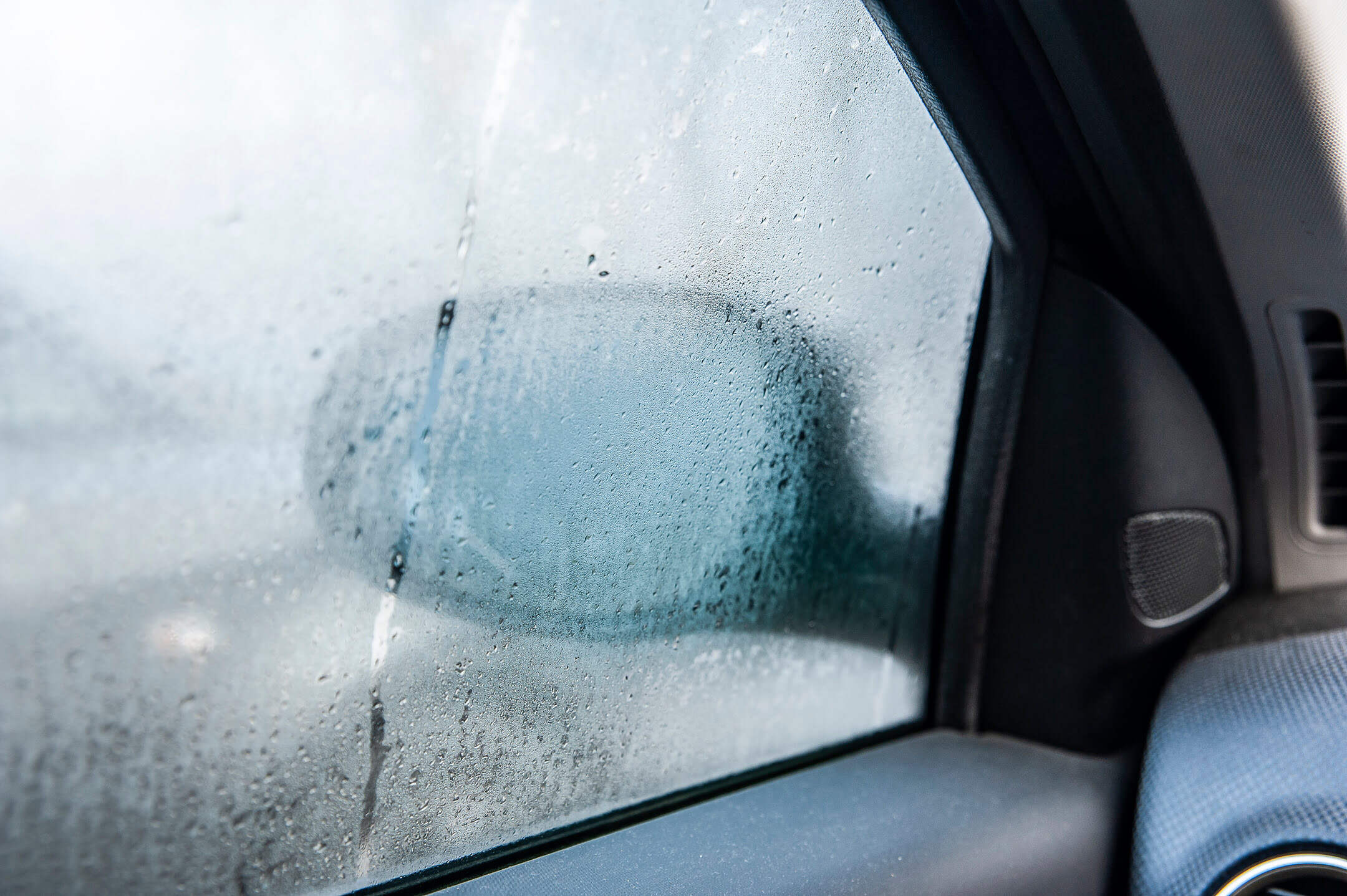
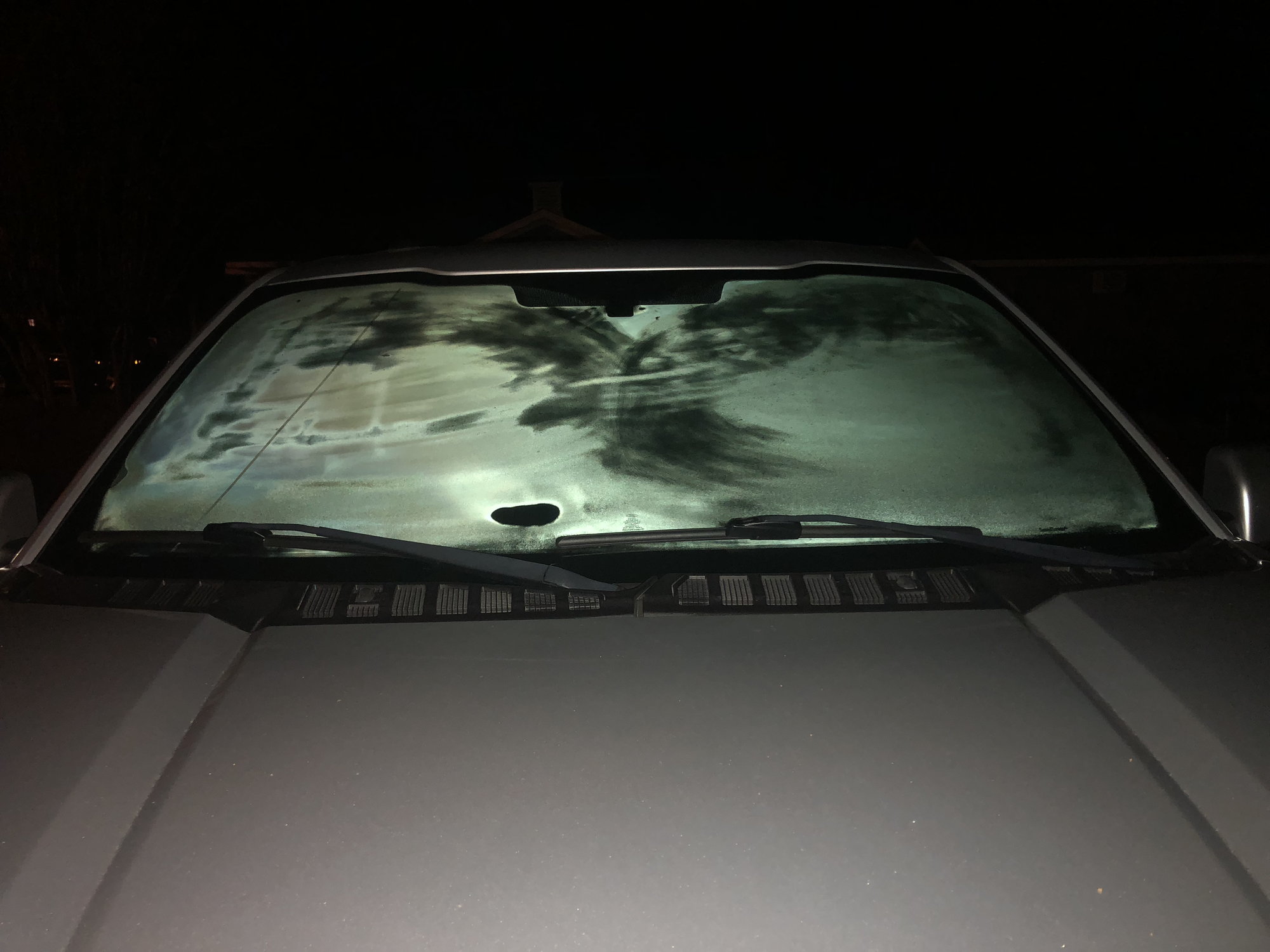
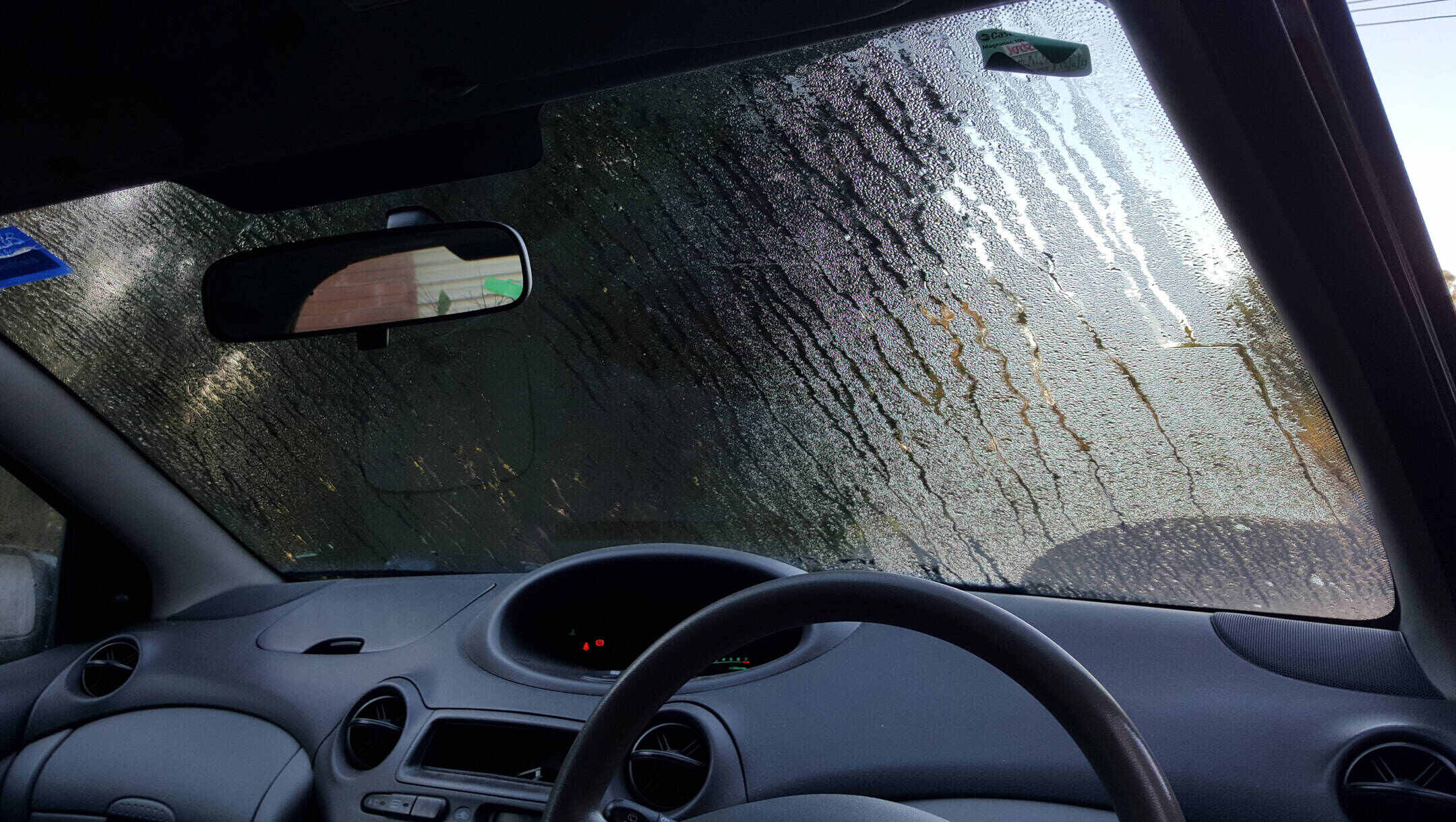
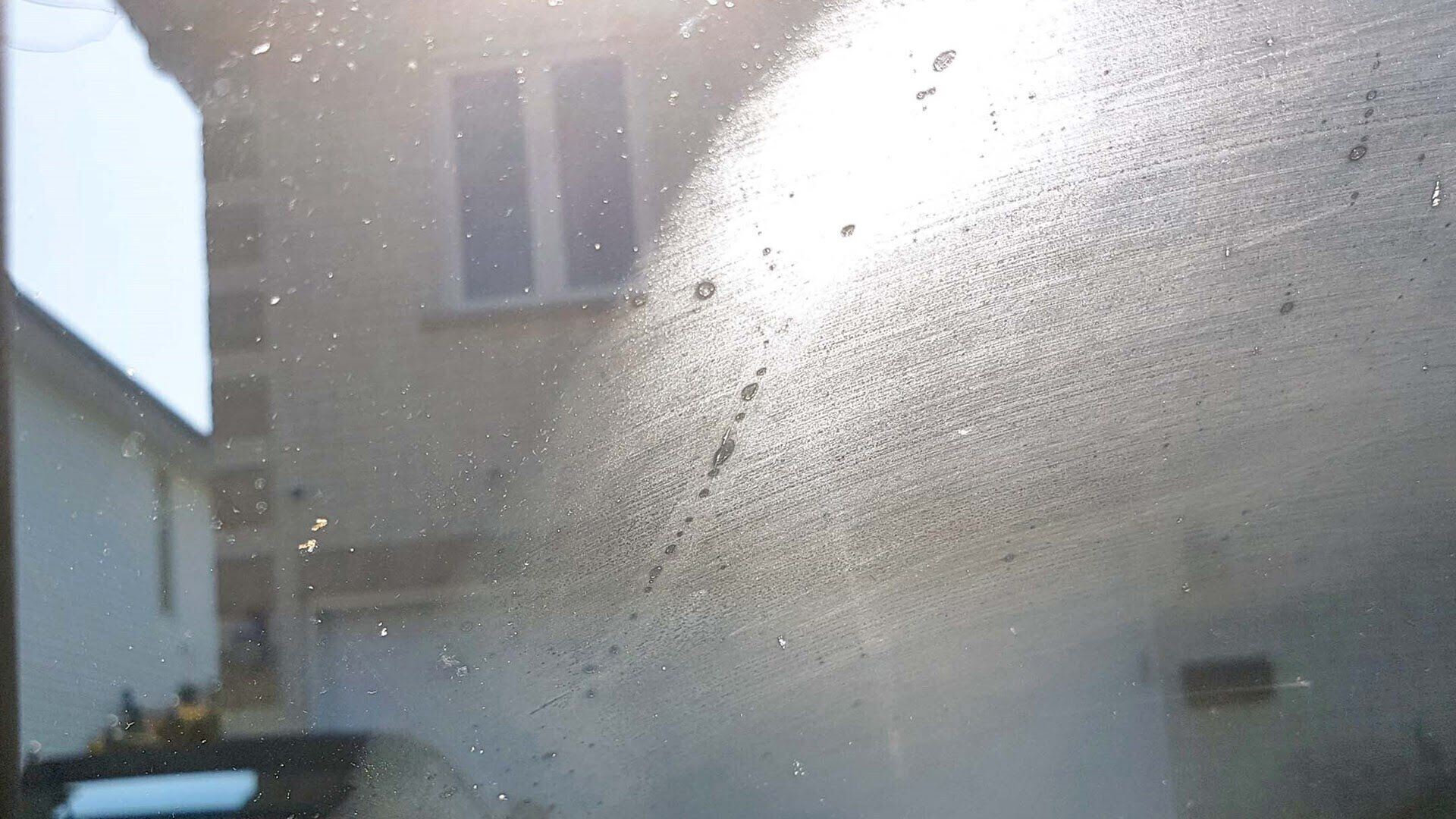
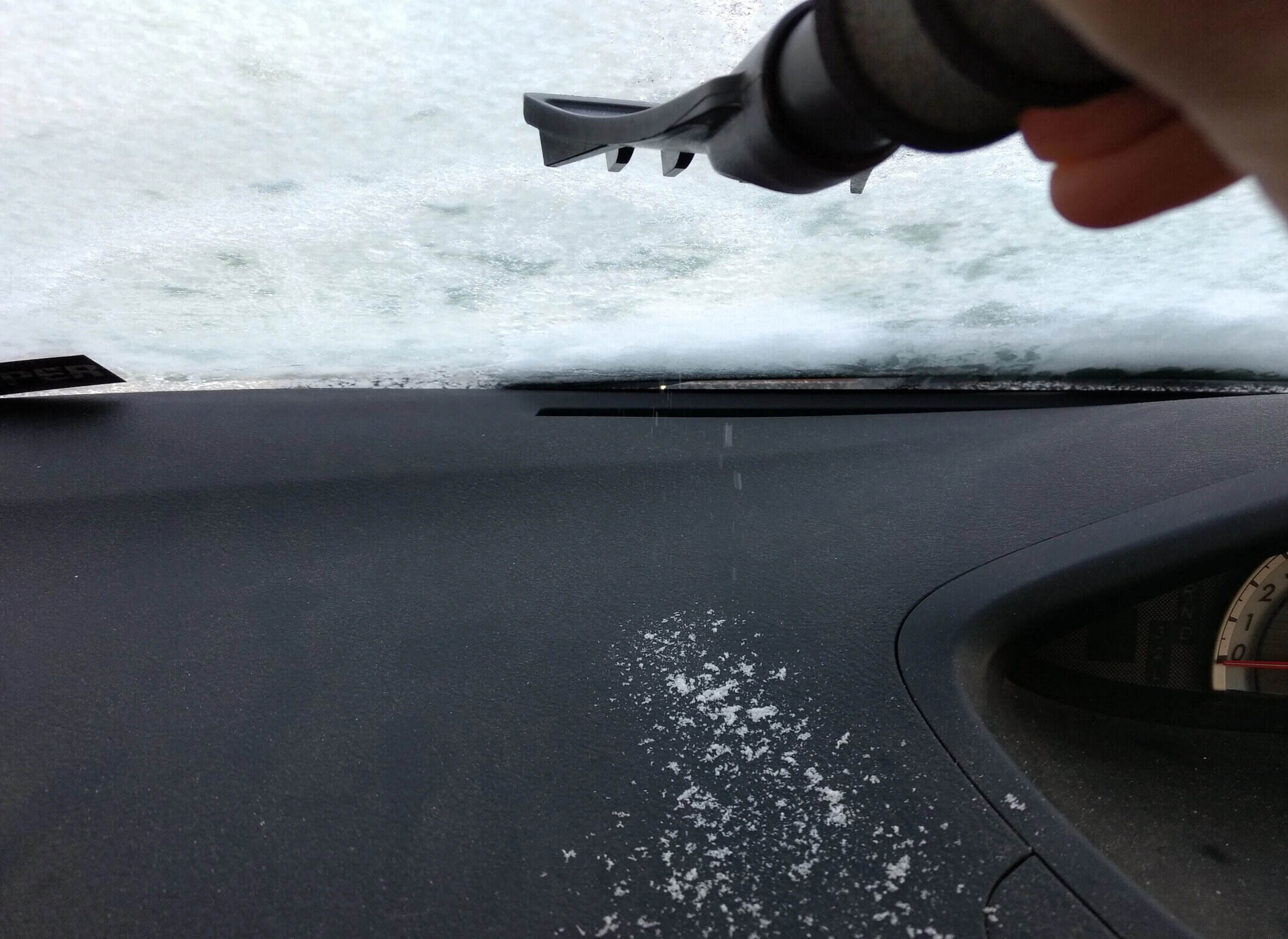
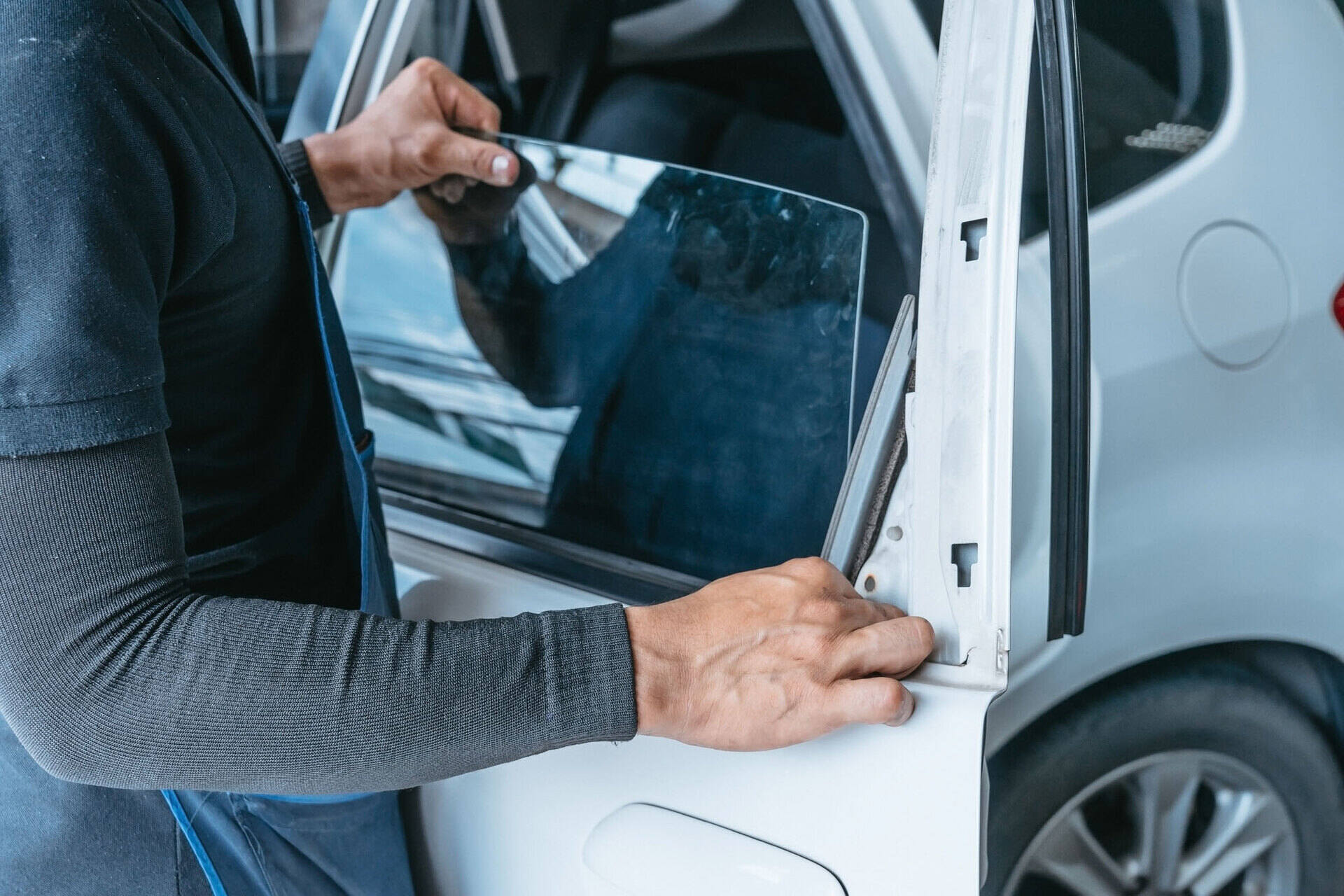

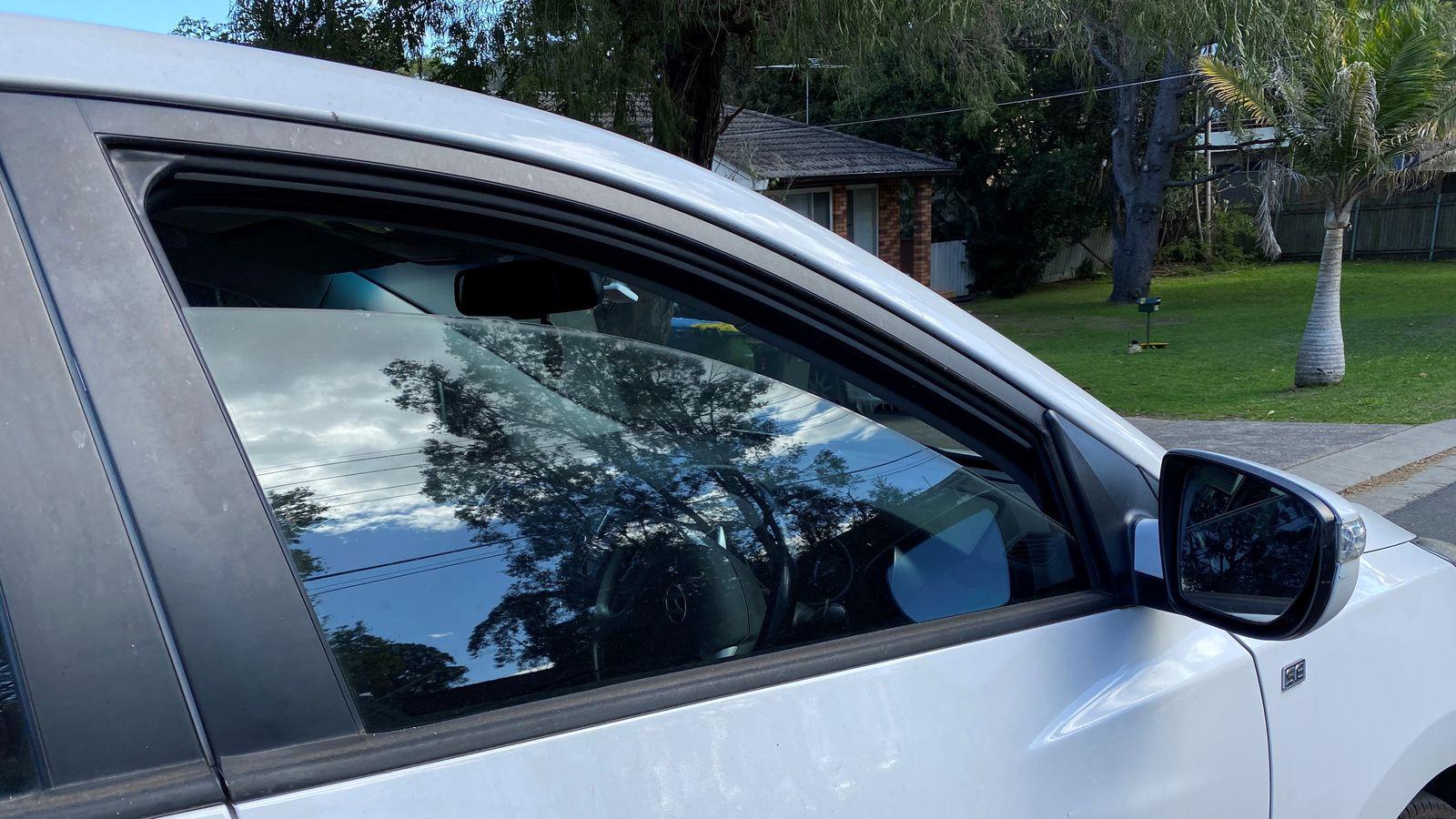
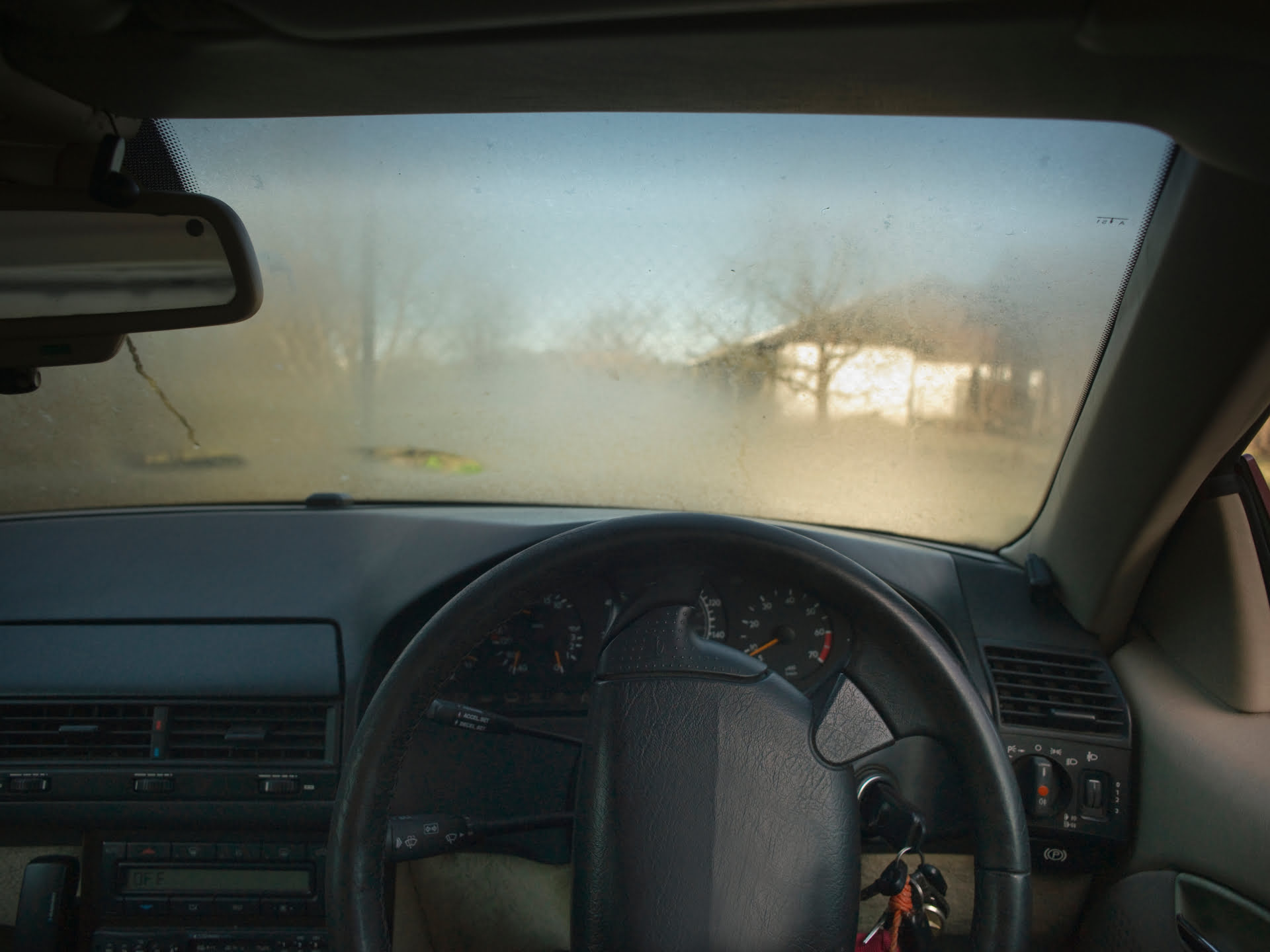
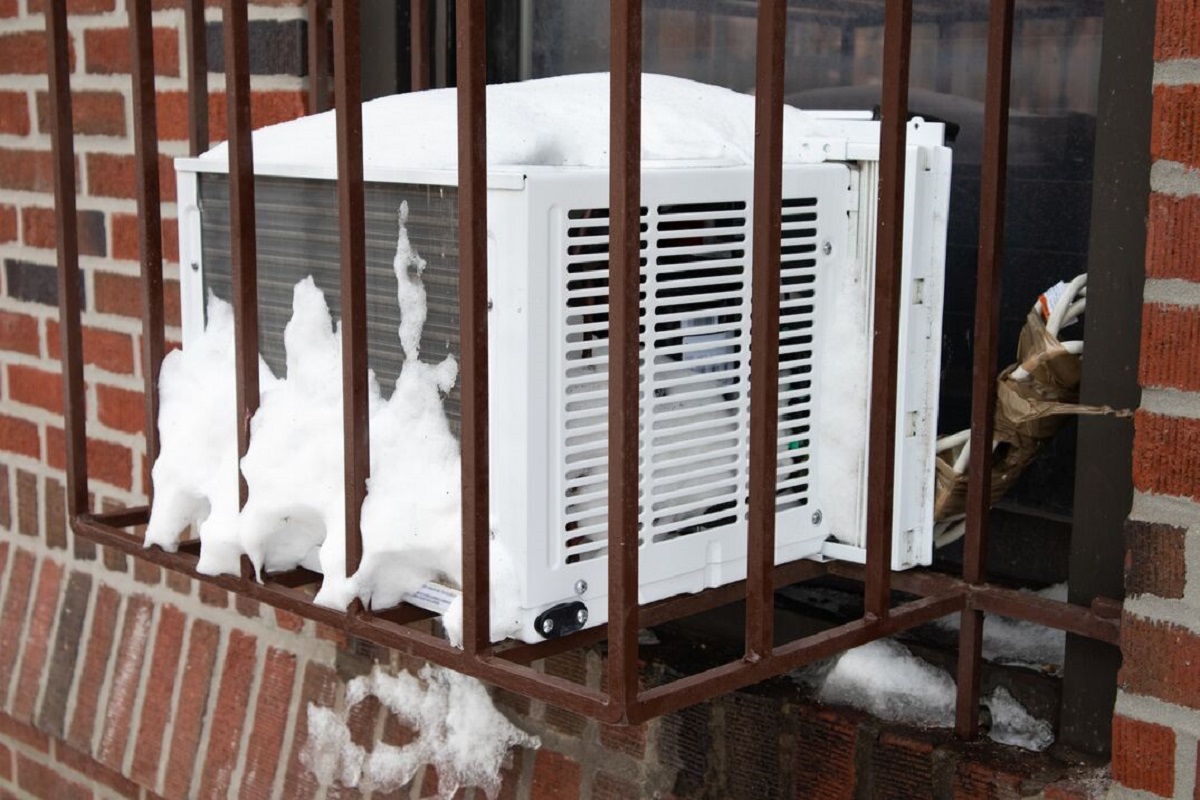

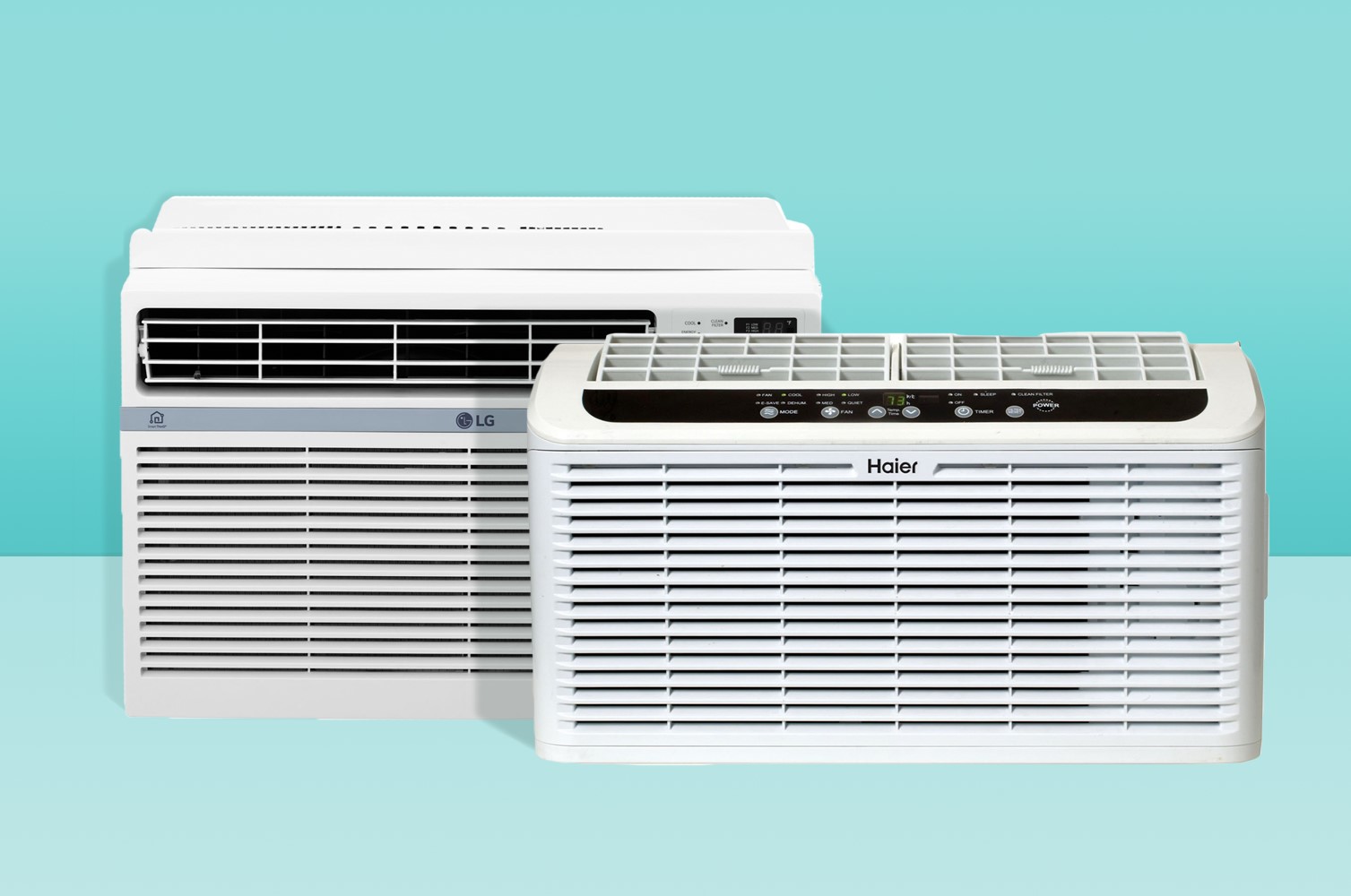

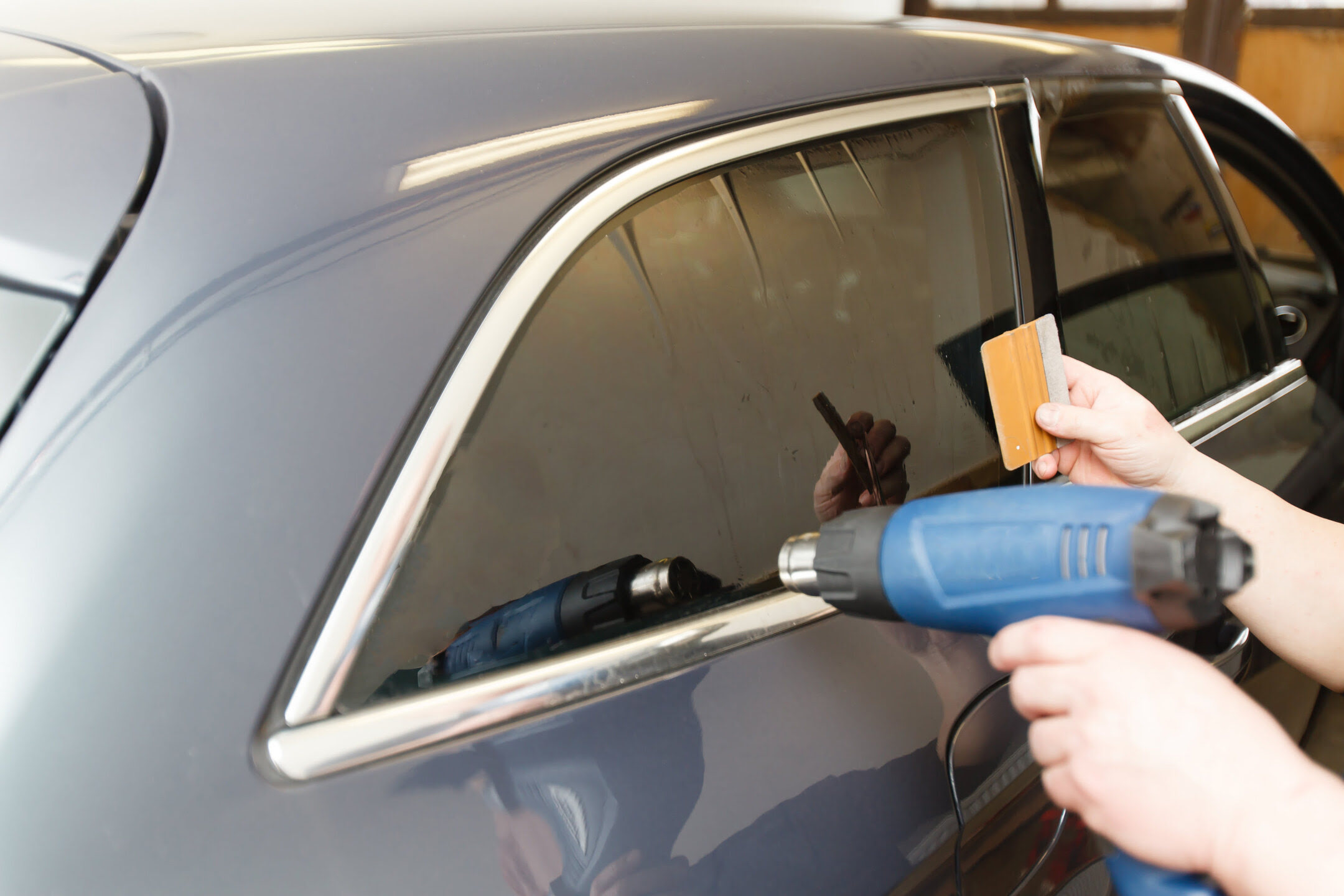


0 thoughts on “Why Do The Windows In My Car Fog Up”